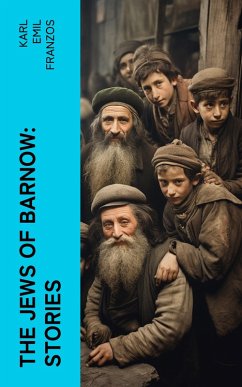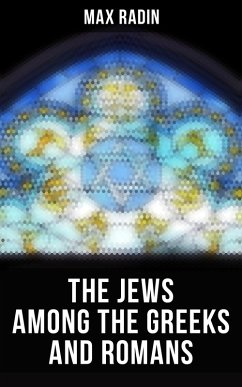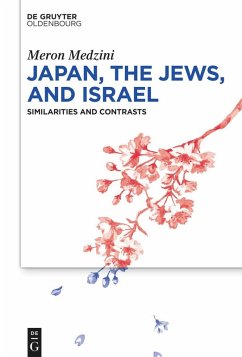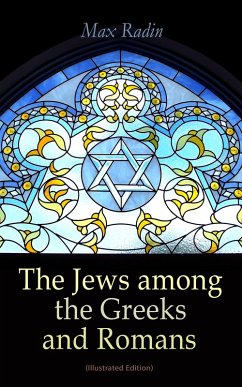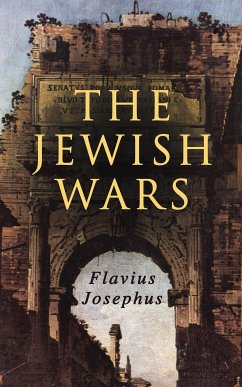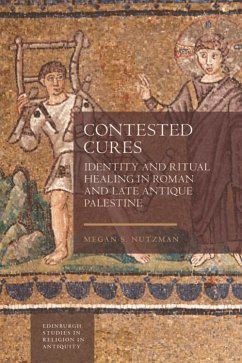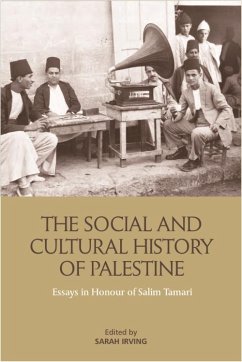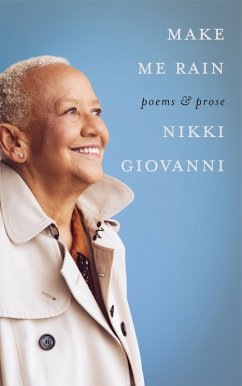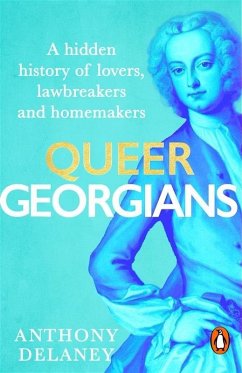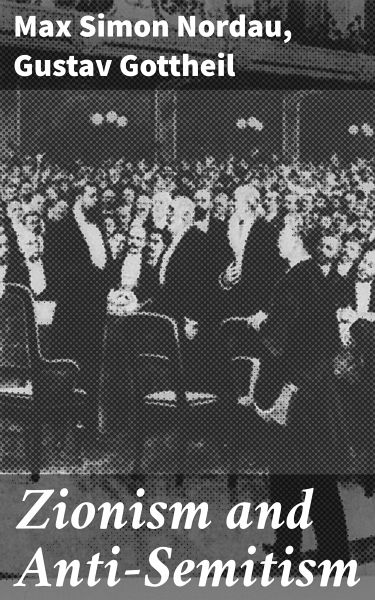
Zionism and Anti-Semitism (eBook, ePUB)
Navigating Jewish Thought and National Identity in the Early 20th Century

PAYBACK Punkte
0 °P sammeln!
In the anthology "Zionism and Anti-Semitism," readers are invited to explore the dynamic and often contentious interplay between two significant ideologies through a compelling selection of essays. This collection deftly juxtaposes a range of literary styles, from impassioned polemics to carefully reasoned arguments, each piece shedding light on the complex motivations and implications of Zionism and anti-Semitism. The anthology's strength lies in its ability to present these divergent perspectives in a cohesive manner, providing a thought-provoking examination of the Jewish identity and its p...
In the anthology "Zionism and Anti-Semitism," readers are invited to explore the dynamic and often contentious interplay between two significant ideologies through a compelling selection of essays. This collection deftly juxtaposes a range of literary styles, from impassioned polemics to carefully reasoned arguments, each piece shedding light on the complex motivations and implications of Zionism and anti-Semitism. The anthology's strength lies in its ability to present these divergent perspectives in a cohesive manner, providing a thought-provoking examination of the Jewish identity and its place within broader societal and political contexts. The contributing authors, Max Simon Nordau and Gustav Gottheil, bring a wealth of experience and insight to this timely discussion. Nordau, known for his rigorous and provocative commentary, and Gottheil, a revered voice in Jewish scholarly circles, offer perspectives deeply rooted in the historical and cultural milieu of the early 20th century. Their contributions are informed by their active engagement in the European and American-Jewish intellectual movements, highlighting the anthology's alignment with both the Zionist movement and the broader discourse on Jewish emancipation and diaspora. "Zionism and Anti-Semitism" offers readers a singular opportunity to engage with the multifaceted discourse on Jewish identity and resistance. For those seeking to understand the historical underpinnings and literary manifestations of these themes, this collection is indispensable. Beyond its educational value, it encourages readers to appreciate the complex dialogue encapsulated within, making it a timeless resource for anyone interested in the intersection of Jewish thought, politics, and cultural critique.
Dieser Download kann aus rechtlichen Gründen nur mit Rechnungsadresse in A, B, BG, CY, CZ, D, DK, EW, E, FIN, F, GR, H, IRL, I, LT, L, LR, M, NL, PL, P, R, S, SLO, SK ausgeliefert werden.




